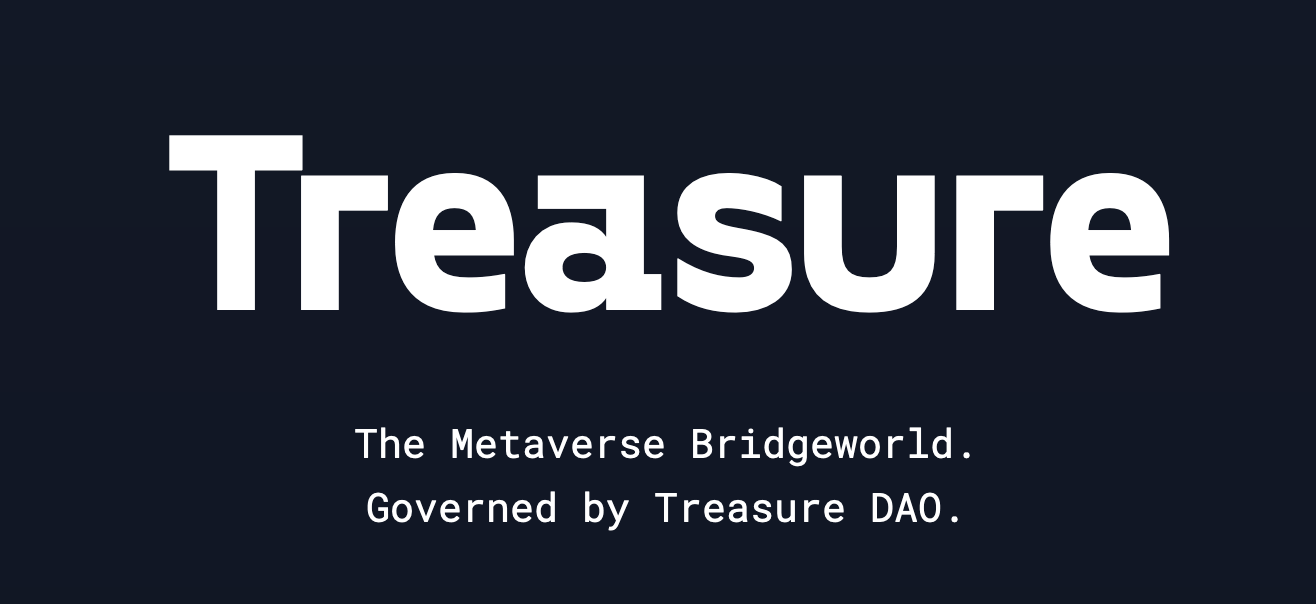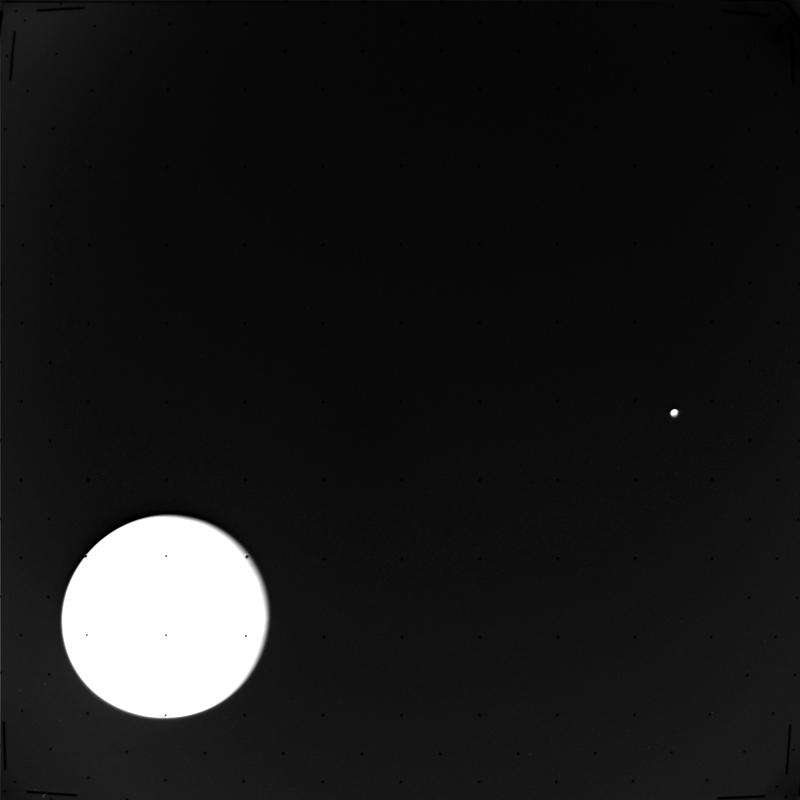A Bet On Decentralized Marketplaces
not financial advice, just a crypto degen thinking out loud

I saw a tweet today referenced in this article, on OpenSea’s new CFO hire, who was brought in to help gear the company for an eventual IPO. While it’s cool that people who built one of the most utilized protocols in the space will be allowed be compensated greatly from their efforts, it rubs me the wrong way as selling out to the suits and bankers goes against the ethos of decentralization, which is one of the selling points of Ethereum as a network.
I sat and thought for a while this afternoon about what I think this’ll mean for NFTs and decentralization in general going forward. While I joined crypto initially to make money, what has resonated with me is the ability to do things on your own terms and support projects that align with your own values. After a little while I was reminded of token for a NFT marketplace that I threw a little extra ETH in about a week ago.
Treasure, categorizes itself as a decentralized, open source, composable currency for the NFT ecosystem. Governed by the Treasure DAO, Treasure is currently launched on Arbitrum, an Optimisic Rollup for scaling Ethereum. They have a great community and active DAO governance, with 3 NFT projects already launched, with 2 more projects minting this upcoming weekend. For Treasure DAO, decentralization isn’t simply a buzzword for investors – it’s the core basis of the protocol.
Decentralized governance in this context really does constitute a new consensus mechanism. The world materializes because of governance’s decision about what exists in the world. The more building blocks stacked on top of this collective vision, the longer the chain of consensus becomes (and the more valuable the chain itself!). “The world is simply that which exists” is the guiding principle for Proof of Imagination.
They also have the token I mentioned, $MAGIC, which is used to purchase NFTs, and in-game currency for their Legions NFT. Their tokenomics aim to reduce the amount of the circulating supply of $MAGIC as much as possible, by incentivizing staking for yield, and the use of the token for their in-game mechanics. Staked MAGIC holders have full control over all parts of the Treasure economy, including the MAGIC tokenomics and the Treasure marketplace.
In any case, I don’t think that I’ll be alone in feeling like OpenSea is abandoning its users. There’s already been a little negative discourse - see this article. Shorting the existing system and longing decentralization is what crypto is all about to me. I’m going to bet that more feel the same, so I think I will increase my allocation in this token as a long-term bet against OpenSea and centralized marketplaces in general. With the recent narrative shift in crypto of alternatives to mainnet Ethereum becoming mainstream as increasing numbers of people flock to L2s to escape Ethereum’s gas fees, I feel confident.
If you are interested in checking out the short- and long-term plans for the protocol, I recommend this great Medium article.
